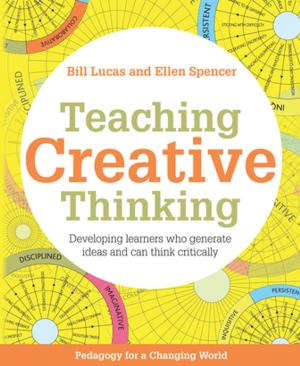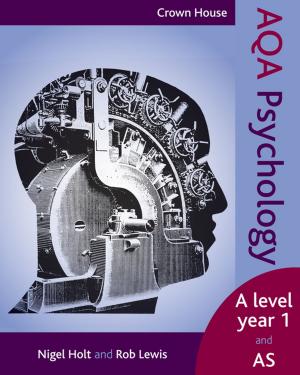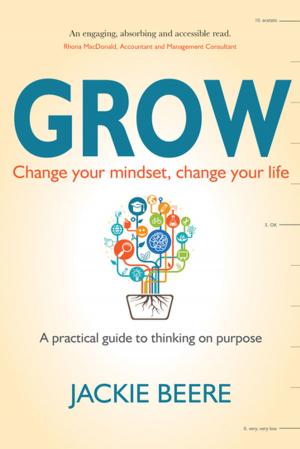Generative Trance
The experience of Creative Flow
Nonfiction, Health & Well Being, Psychology, Psychotherapy, Mental Health| Author: | Stephen Gilligan | ISBN: | 9781845907839 |
| Publisher: | Crown House Publishing | Publication: | September 30, 2012 |
| Imprint: | Crown House Publishing | Language: | English |
| Author: | Stephen Gilligan |
| ISBN: | 9781845907839 |
| Publisher: | Crown House Publishing |
| Publication: | September 30, 2012 |
| Imprint: | Crown House Publishing |
| Language: | English |
This book describes an entirely new way of conducting hypnotherapeutic interventions - Stephen Gilligan's generative trance. The first generation of trance work, the traditional hypnosis that still holds sway in most places, considers that both the conscious mind and the unconscious mind of the client are, to put it bluntly, idiots. So trance work involves first 'knocking out' the conscious mind and then talking to the unconscious mind like a 2-year old that needs to be told how to behave. Milton Erickson created the second generation of trance work. He approached the unconscious as having creative wisdom and each person as extraordinarily unique. Thus, rather than trying to programme the unconscious with new instructions, Erickson saw trance as an experiential learning state where a person's own creative unconscious could generate healing and transformation. At the same time Erickson, for the most part, carried the same low opinion of the conscious mind. Thus, Ericksonian hypnosis looks to bypass the conscious mind with indirect suggestions and dissociation and depotentiate it with confusion techniques.
This book describes an entirely new way of conducting hypnotherapeutic interventions - Stephen Gilligan's generative trance. The first generation of trance work, the traditional hypnosis that still holds sway in most places, considers that both the conscious mind and the unconscious mind of the client are, to put it bluntly, idiots. So trance work involves first 'knocking out' the conscious mind and then talking to the unconscious mind like a 2-year old that needs to be told how to behave. Milton Erickson created the second generation of trance work. He approached the unconscious as having creative wisdom and each person as extraordinarily unique. Thus, rather than trying to programme the unconscious with new instructions, Erickson saw trance as an experiential learning state where a person's own creative unconscious could generate healing and transformation. At the same time Erickson, for the most part, carried the same low opinion of the conscious mind. Thus, Ericksonian hypnosis looks to bypass the conscious mind with indirect suggestions and dissociation and depotentiate it with confusion techniques.















